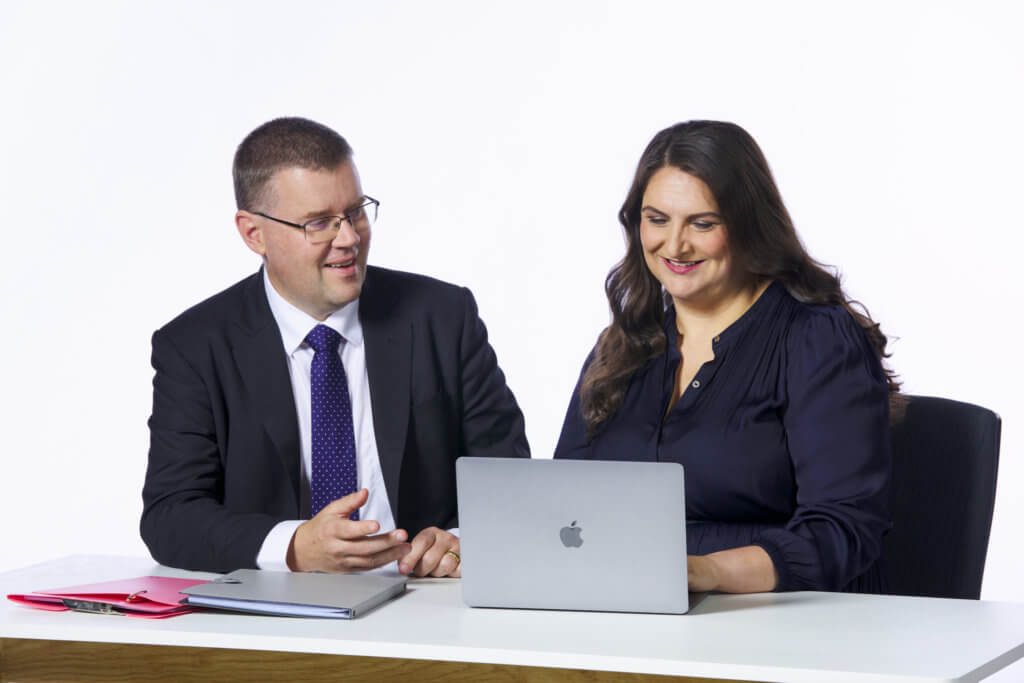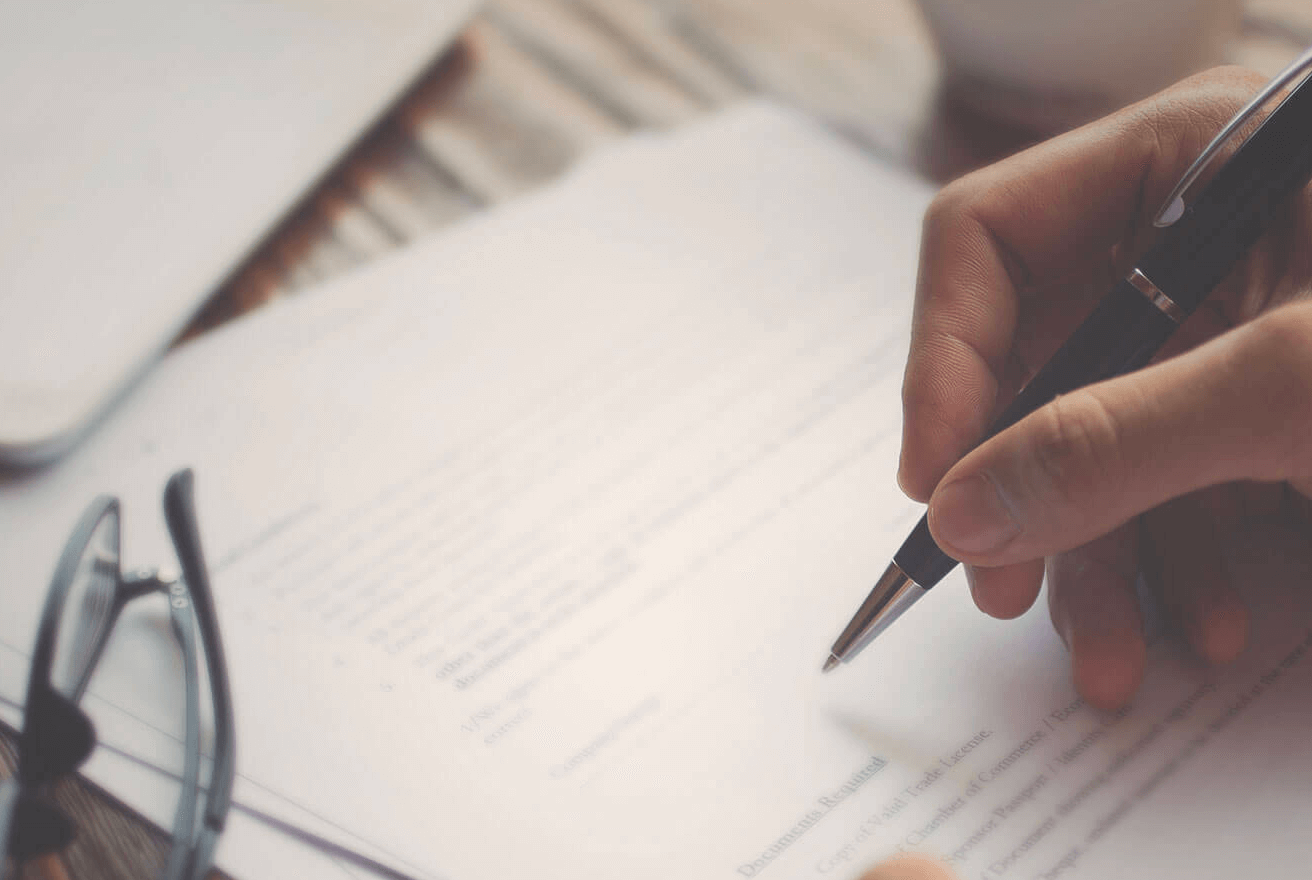To make a Will, we’ll meet with you to get your instructions about division of your assets and belongings.
We’ll need as much information as possible, as well as details about the people who’ll inherit: the beneficiaries. We’ll also need information about who you’d like to administer your estate after you’re gone. This person is known as the executor.



